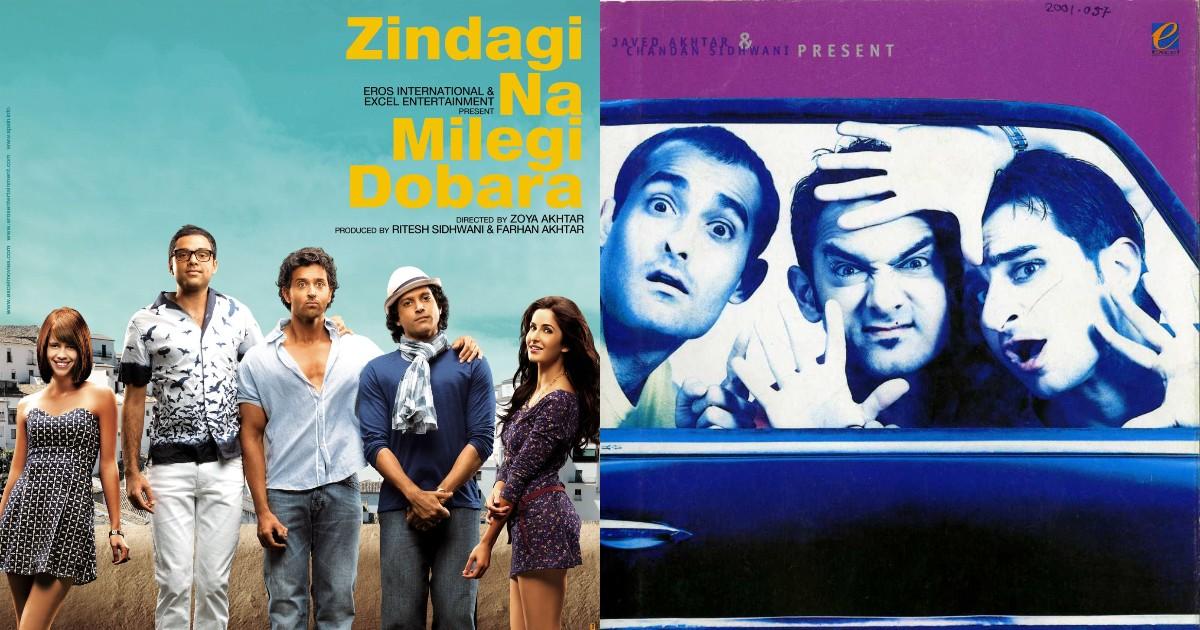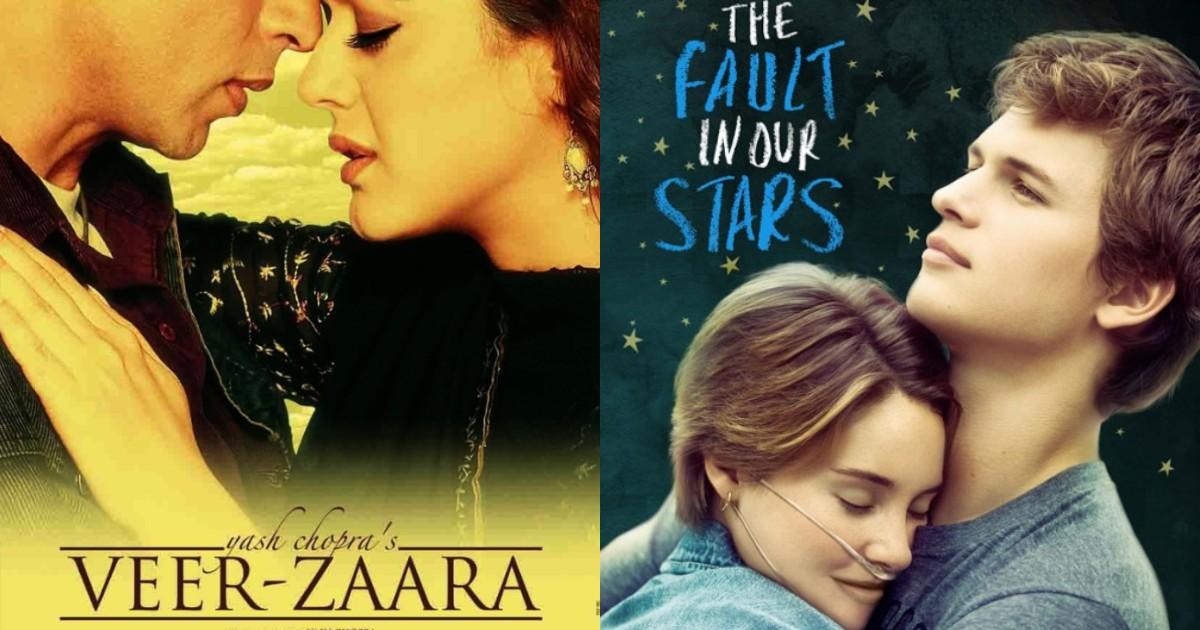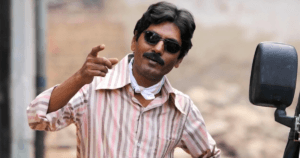I was scrolling through Instagram stories when I saw a post on the song, oh papad wale from Makdee.
The post instantly took me down memory lane and I was transported to the world of Makdee chudail, Munni, and Chunni that Vishal Bhardwaj weaved in his directorial debut.
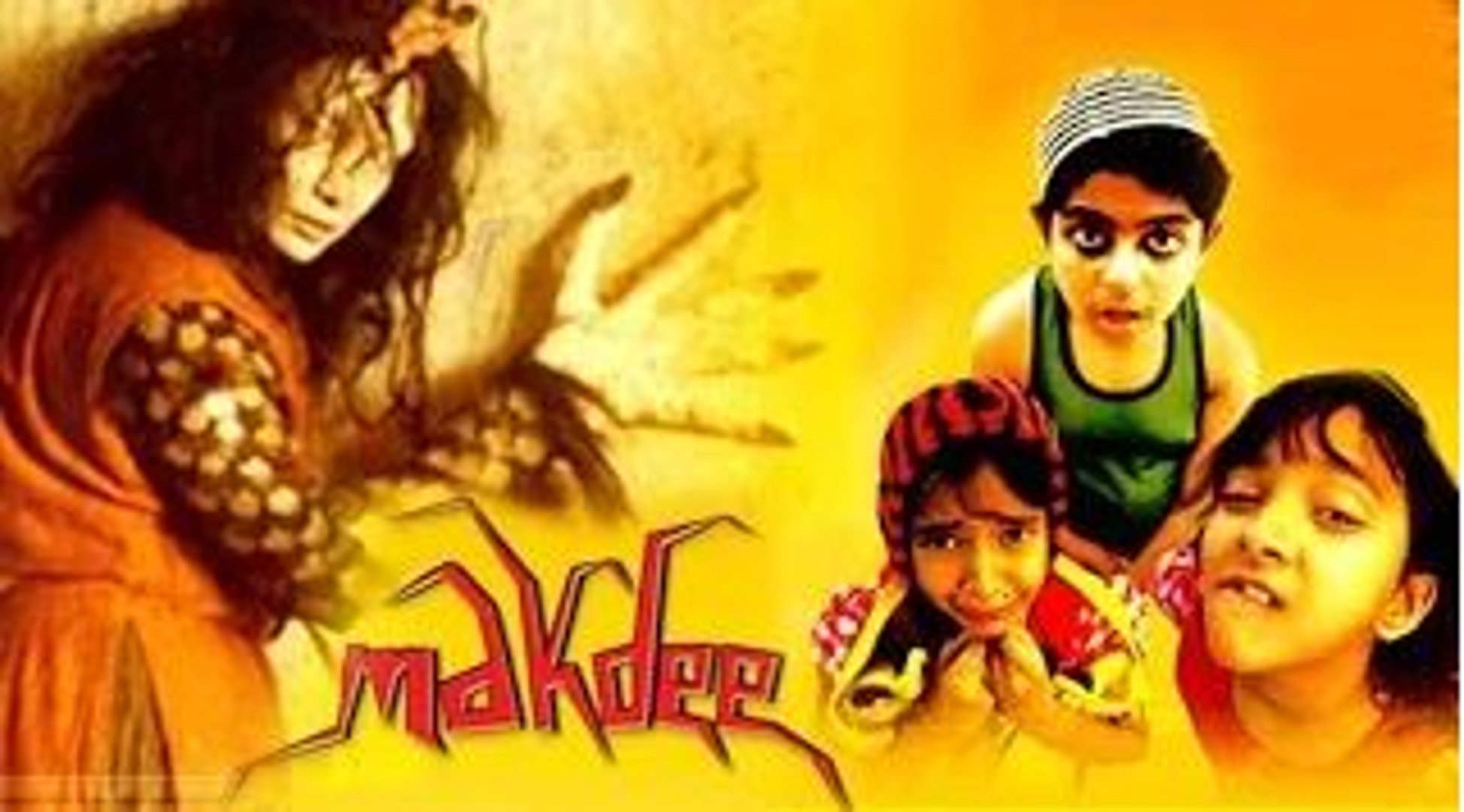
Bhardwaj, who is easily one of Bollywood’s most talented music composers, ventured into filmmaking with a horror-comedy aimed specifically at children.
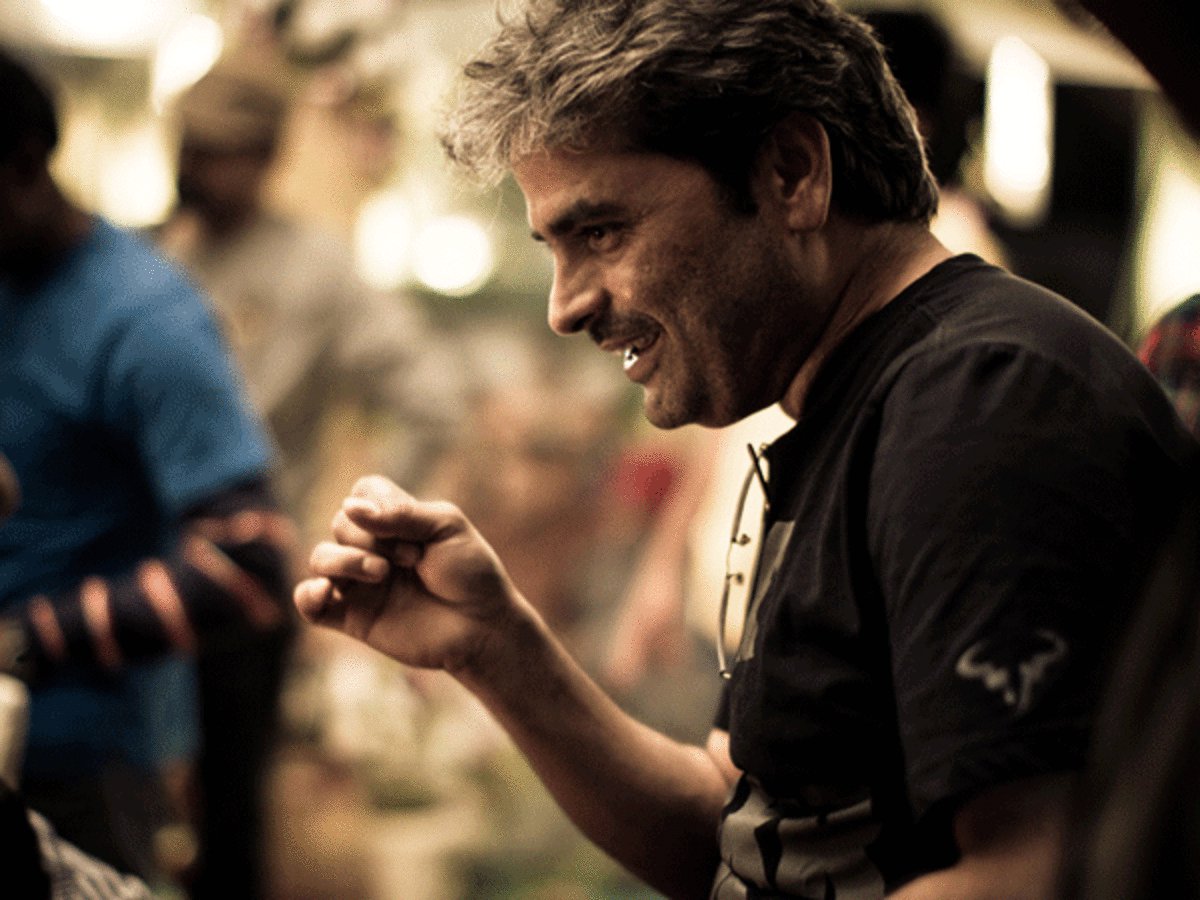
It may have failed to particularly impress the critics, but it sure as hell left his intended audience, the children, thoroughly spooked and entertained.
The film, that won its lead Shweta Basu a National Film Award for her fabulous portrayal of twins Chunni and Munni, starred Shabana Azmi as the antagonist, the village witch.
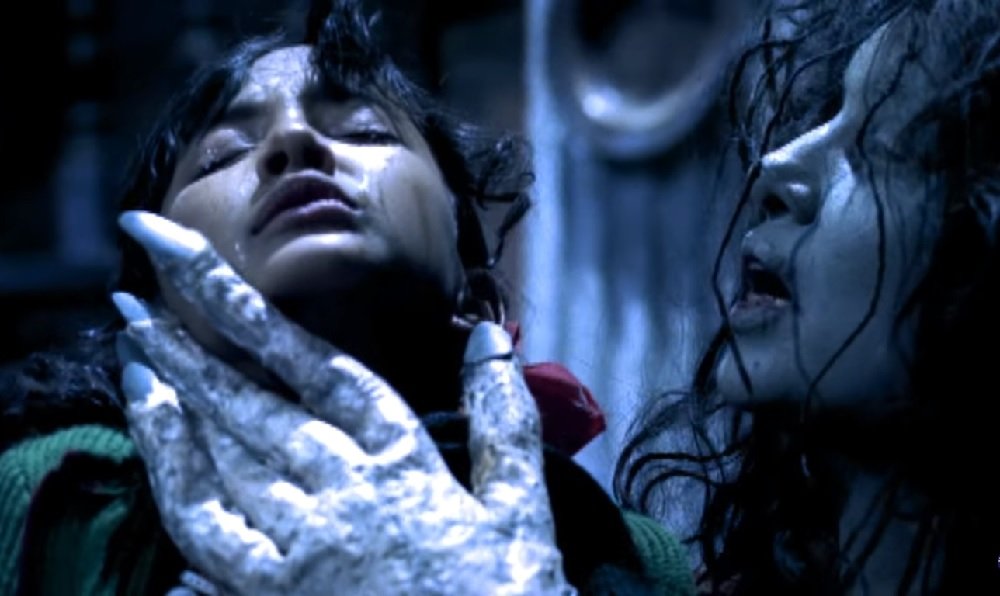
Chunni and Munni are identical twin sisters, barring a mole on Munni’s face. While they couldn’t look more alike, their personalities could not be more different.
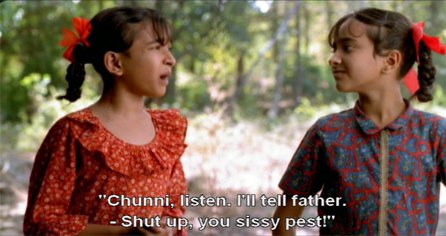
Munni looks to studies and obedience as a way of life, and Chunni’s sole motive in life is to prank every adult she comes across, be it the village butcher, her teacher, or even, her father.
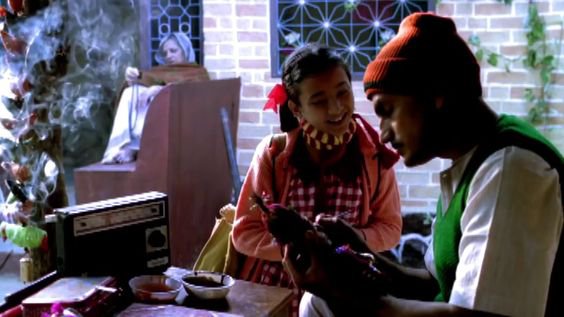
Ultimately though, Munni has to pay the cost of one of Chunni’s pranks, when she is caught in the witch’s web.
That’s when Chunni is driven to ‘dastardly deeds’, and clever machinations to save her sibling from an evil witch, who in reality, is a con-woman playing on the villager’s superstition for her own benefit.
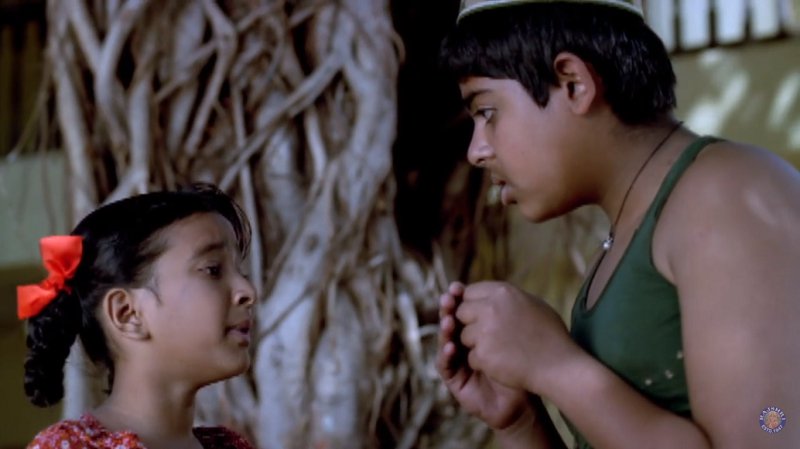
My memories of watching the film for the first time, as a kid, are still fresh in my mind. And for that kid, Makdee was a memorable joyride, despite being a horror film.
Perhaps it was because the horror in the film wasn’t insidious, or particularly gruesome, though I did cover my eyes instinctively, the first time I saw Shabana Azmi as a 500-year-old witch.
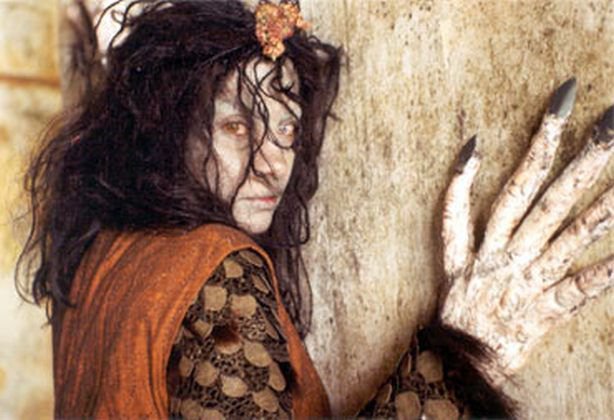
It was akin to the stories we heard from our grandparents, or read in Tinkle, where a moral lesson was shared through interesting characters.
The film took inspiration from famous stories (like that of The Boy Who Cried Wolf) and interweaved it with India’s rural setup and its predilection for superstition, similar to most of Bhardwaj’s adaptations. A stellar supporting cast elevated the simple story into an exciting drama.
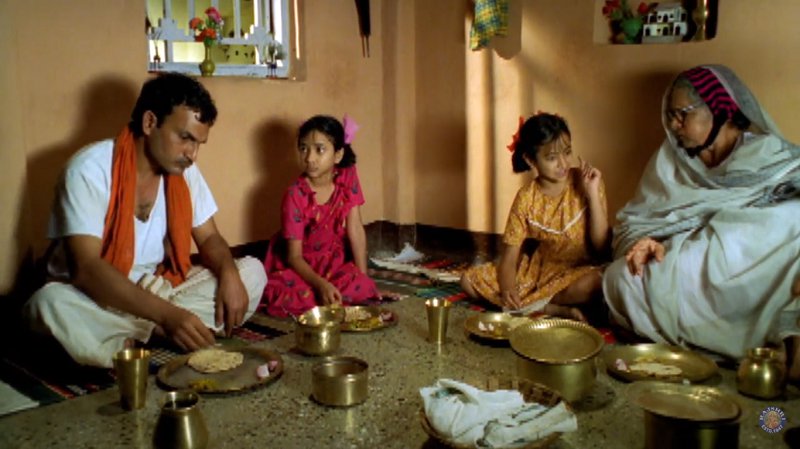
But I wasn’t consciously aware of all that as a kid. As a kid, I just enjoyed the drama that unfolded on screen, not realizing that I was actually taking in lessons for a lifetime.
It taught me to not blindly believe in things, that actions have consequences, and we should not let fear or mistakes restrict us from having fun. And it was a beautiful celebration of a sibling’s love.
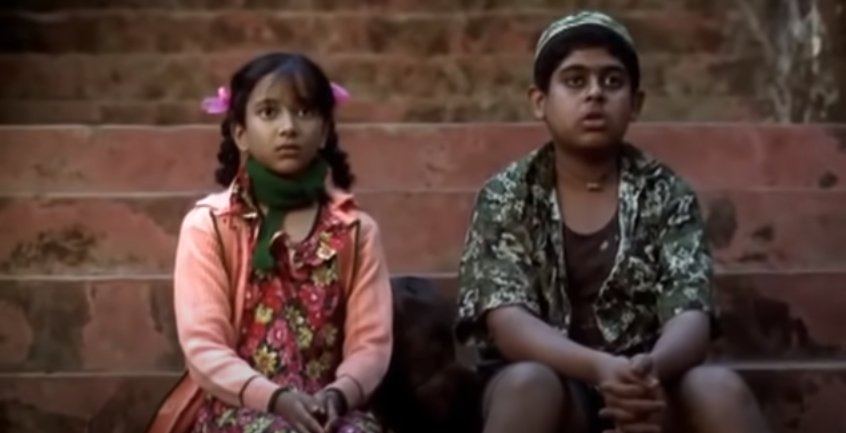
Apart from Chota Chetan, which is a memory for another time, it is the only film I remember from my childhood, that did not consider its audience, the children, dumb.
Perhaps that’s why, every time something goes wrong, the kid inside me bursts out singing, oh papad wale, panga na le, jhaapad bajega, panga na le... ungli daba ke, angutha bana dungi, taun taun.




